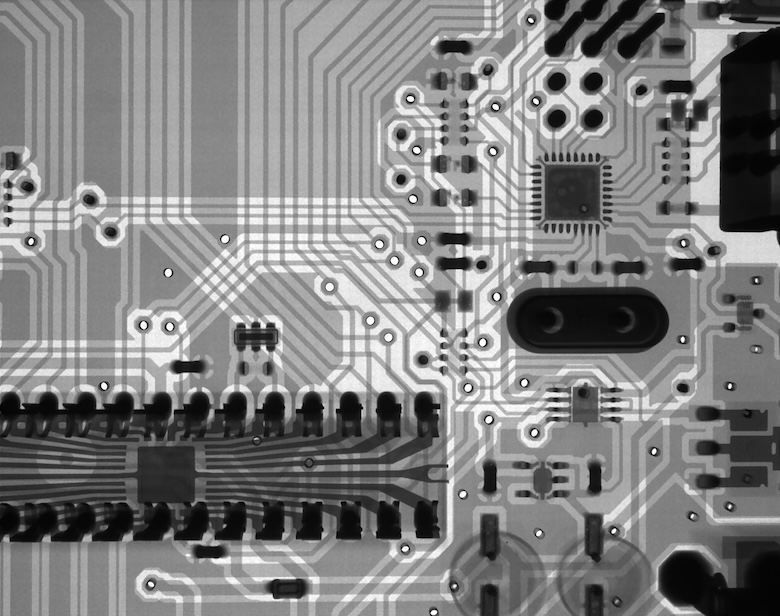
Artificial intelligence hardware provides several advantages that amplify the performance of AI algorithms. These benefits encompass:
-
Velocity: AI-specific hardware, such as GPUs and TPUs, have been proven to outpace traditional CPUs significantly, with some benchmarks indicating that GPUs can be over 100 times faster.
-
Precision: By minimizing errors and enhancing accuracy, AI hardware boosts efficiency across a multitude of industries.
-
Parallel Computation: The processors in AI hardware are engineered for parallel computation, which expedites the development of new AI models.
-
Customization: AI hardware is fine-tuned to manage vast data volumes efficiently, an essential aspect for training and executing AI algorithms.
-
Versatile Use Cases: Ranging from GPUs employed in machine learning tasks to specialized AI chips for smartphones and automation systems, AI hardware serves a broad spectrum of applications.
-
Inference Systems: Dedicated AI inference systems are under development to interact more swiftly and effectively with existing models once they’ve been constructed.
-
Economic Feasibility: Although high-performance AI hardware may come at a high cost, strides are being taken to make it more budget-friendly without sacrificing quality.
These advantages facilitate the progression and widespread integration of artificial intelligence across various sectors by enhancing processing speed, efficiency, and precision in AI-related tasks.


